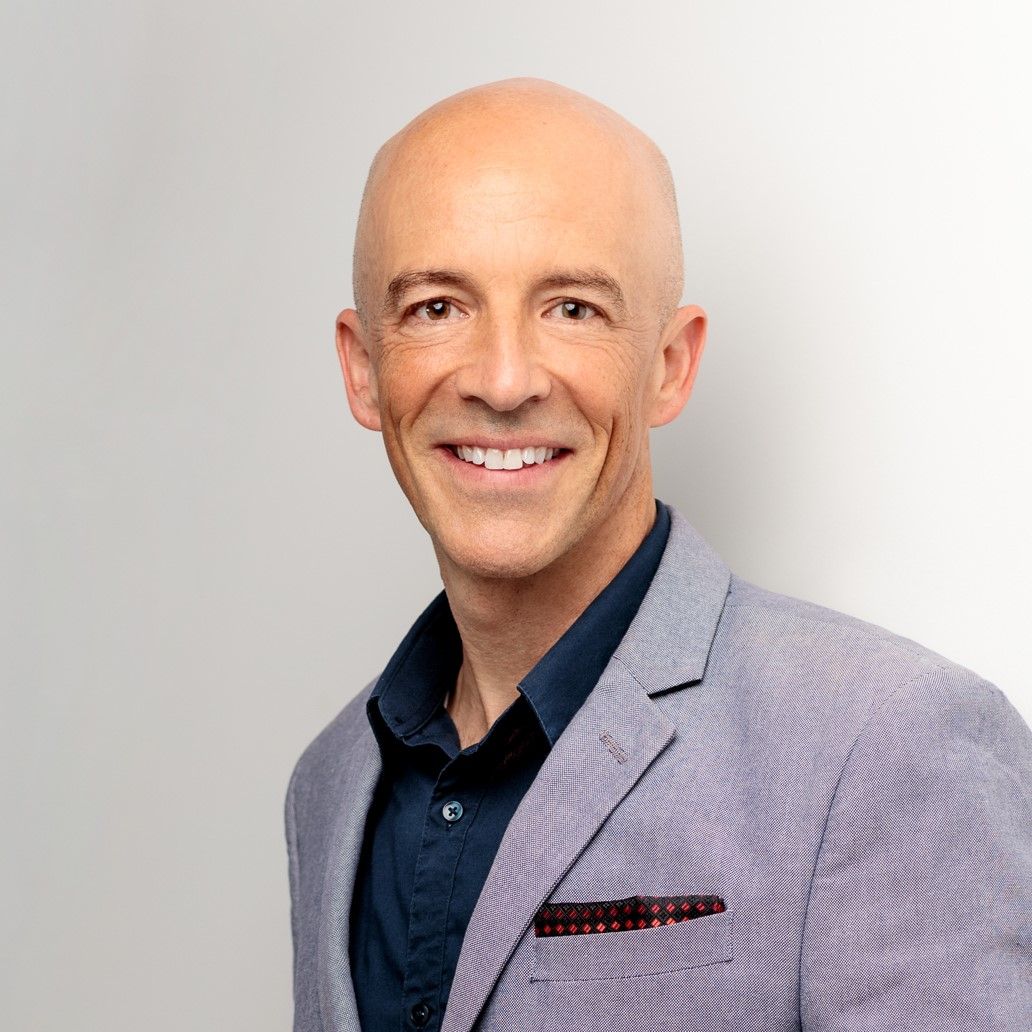What's Behind the Apps - The Psychology of Social Media
Michael Ceely • May 9, 2017
The Science Behind Social Media Addiction
In my previous blog post,
Teenager or Screenager? Sensible Smart Phone Use for Adolescents I talked about the incredible amount of time adolescents spend on electronic devices each day.
After reading the post, a friend of mine told me about a recent 60 Minutes special entitled
Brain Hacking. That's right, engineers are programming our phone apps based on the brain’s natural tendency to seek pleasure.
Social Media Addiction, A Sobering Report
This is a powerful and sobering report that I think everyone should see. The folks that build some of these apps may not have your best interests in mind. Check out the 60 Minutes Report here.
In the report, Tristan Harris, a former Google product manager, explains how Snapchat's features are designed to be addictive. A feature called "Streaks" shows the number of days in a row kids send messages to each other. Kids get stressed about losing their Streak or competing with their peers over who has the highest number of days.
Harris reminds the viewer that the primary goal of companies like Snapchat, Facebook, Instagram, etc. is to get you to use their product as much as possible. There is a battle for our attention going on.
The Battle for Your Attention
In this battle, I'm hoping that parents and teachers decide to get involved. For example, teachers can bring in guest speakers (preferably teens) to talk about healthy social media use. Parents can set family policies around the use of social media apps.
Together, we can outsmart the Silicon Valley engineers. If you are a parent of a teenager, and you already monitor and limit social media use, good for you. If you need to get more involved, now is the time.
Michael Ceely is a licensed psychotherapist, serving clients online in
California,
Florida and
Wisconsin.
He also offers high performance coaching for executives, entrepreneurs and athletes at michaelceely.com
Disclaimer: Content on this blog and website is for informational purposes only and should not be considered professional advice.
Like this article? Share it with a friend.


